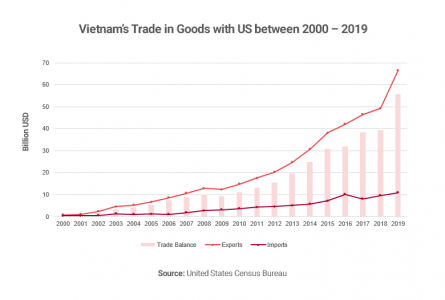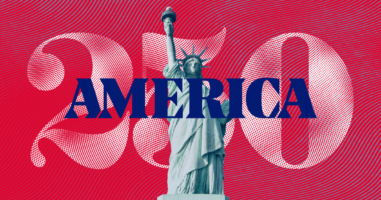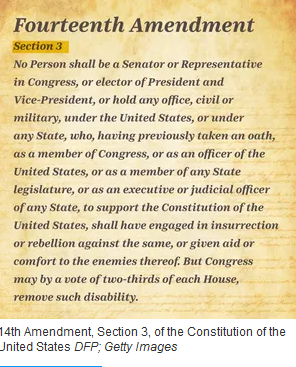
Vietnam is back in the news. As the American withdrawal from Afghanistan nears its end, images from Vietnam flood the media. Again and again, people compare and contrast what is occurring today with what happened 46 years ago.
On some level such comparisons are natural. It is easy to compare similar scenes of American planes and desperate locals seeking to escape in the two countries decades apart. While a picture is worth one thousand words it still may not tell the full story. One hopes that at some point we go beyond the gotcha games of the politicians and the media seeking political advantage from what is unfolding before their eyes. We should not confuse the moment in time of snap shot with the story in time of a movie.
VIETNAM 1975-2021
Since Vietnam is cited so frequently, let’s begin with it. The Vietnam War was a one of great destruction and costs in Vietnam, through Southeast Asia, and in the United States. In some ways this country is still paying the price for the divisions which exploded across the American cultural landscape. They continue to divide us.
Putting our cultural issues aside, Vietnam routinely is considered a lost war. After years of brutal effort, the attempt to defeat the Viet Cong and North Vietnam failed. In response, we fled the country. End of story.
Not quite. Where is Vietnam today? Back then, the country was caught up in the Cold War. Our view of the events there were seen through the prism of that conflict. Now the Cold War is over. We won that war, a far more important war than the one in Vietnam. But while the Soviet Union no longer is a threat, Russia is. In other words, once the Communist prism was removed, the country of Russia remained. Our conflict with Russia today is not based on ideology. It springs from good old-fashioned national rivalries.
Similarly, once the Communist prism was removed from Vietnam, we began to see it as a country rather than as part of some global foe. Vietnam as a country has its own history. The country has no interest in being a vassal of China. It has no interest in being part of the Chinese Empire. It is quite open to partnering with the United States in manufacturing. Technically, Vietnam may not be an official ally like Germany and Japan, but certainly in the scheme of things our relations with the country are good.
Consider then what happened in the lifetime of John McCain. He was held captive in North Vietnam and beaten for years. He lived the rest of his life with the partially broken body North Vietnam had created. Then Vietnam became a tourist destination for Americans. How was that possible? Vietnam no longer was a foe. Times changed. The iconic photograph from 1975 fails to tell the story of what has happened since then.
AFGHANS ARE NOT KURDS, GERMANS, JAPANESE, OR SOUTH KOREANS
Nation building is not easy. As we prepare to celebrate the 250th anniversary of our own birth as a country we should keep our own experience in mind. Our first attempt in the Articles of Confederation failed. There were rebellions which required the leadership of George Washington to quell. For decades people then talked about nullification and succession. Then it happened in a terrible Civil War. We know that we are not a unified country now. I will not go into the details of that division here except to note that nation building is a work in progress as the Founding Fathers of this country well knew.
We have the right to point with pride at the successes of England and Germany post-WWII and South Korea post-Korean War. Certainly we do not deserve all the credit but we can claim to have contributed to their successes. One thing all three countries have in common is that “there was a there there.” We were not starting from scratch. After all, in 1776, some of the colonies here already had over a century of experience in self-government.
The more there is a “there there,” the easier it is to nation build. The Kurds, for example, possess a strong sense of identity and cohesiveness. One practical result is that funding is less subject to the level of corruption as in nations that exist only on paper. The Kurds choose for practical reasons not to declare their independence from Iraq. However such deference should not obscure the facts on the ground of them operating much like an independent country.
The same cannot be said for Iraq, or for Libya and Syria. All three were colonial creations. They had no prior existence as countries except as lines on a map for administrative purposes. In this regard they are similar to many African countries such as in Sudan/South Sudan/Eritrea/Ethiopia. In America, all these people from all these countries are lumped together as people of color. That hardly is a useful description. Many peoples of different ethnicities, religions, and races are involved. What held these Arab countries together was brute force. Once that force was removed, it was Krakatoa, east of Java. The problem with putting these Humpties together again is that they were never together in the first place.
Afghanistan with its multiple ethnicities leans more towards these models than towards Germany, Japan, South Korea, and the Kurds. I am not knowledgeable to speak about Afghan history prior to separate from the British, the Russian, and the American involvement in the country. Suffice it to say there was a person called a king who emerged from tribal assemblies as the ruler. At this point that probably is not much of starting point for building a country.
WHITHER AFGHANISTAN?
The Taliban have decisions to make. There is no way to know what they will be now or in the years to go. The Taliban are like the proverbial dog running after a car. The chase is over. Now what?
On an immediate level, there are questions of food, water, electricity, finance, cell phone and internet access, and health care especially given the coronavirus.
The Taliban like Vietnam will have to make a decision about China. China wants to include Afghanistan in its global transportation and trade network. It also does not want Moslem militancy to spread into China. How willing will the Taliban be to be subservient to China and to abandon its values?
What of ISIS? It already is in conflict with this “purer” Moslem group. How much of a conflict will it become?
What about Iran, India, Pakistan and the other “Stans”?
How much are the Taliban a Pashtun-based entity?
Will Pakistan remain a single country?
I raise these questions simply to point out that now that the war is over, other issues will come to the fore. How they will be resolved or even addressed remains to be seen. Just as communism no longer defines our relationship with Vietnam so 9/11 will not continue to define our relationship with the Taliban. The current withdrawal by the United States is a phase in a story that is not yet over just as it was not over in 1975 in Vietnam.




